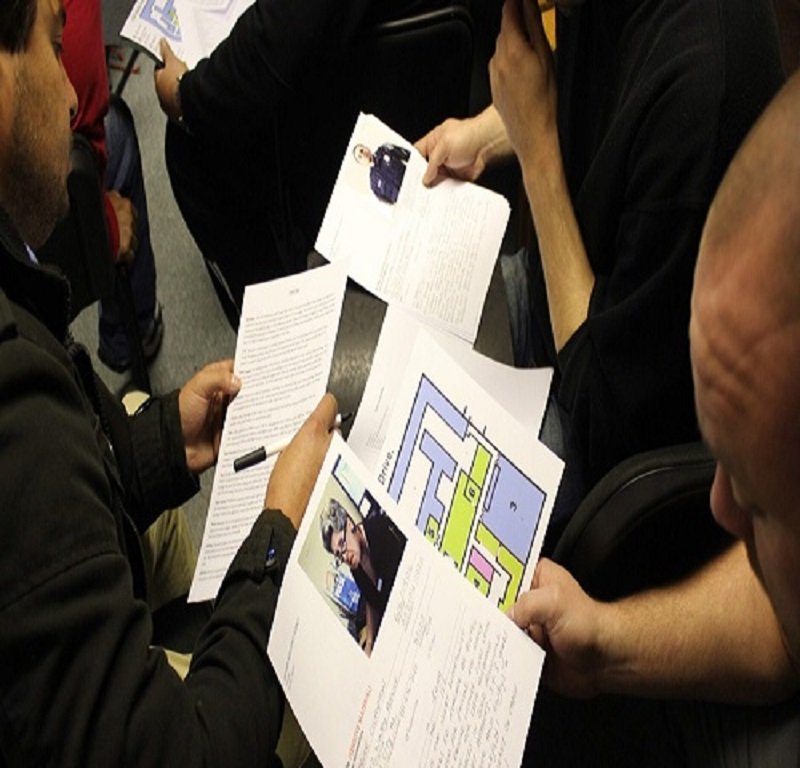Understanding Where To Go For The Covert Surveillance Course

There are three main areas in a private investigation where detectives must excel: witness interviews, investigation through a variety of record searches, and surveillance. Even though surveillance is not always necessary for an investigation, it can be very helpful in solving case assignments. Surveillance is almost an art form.

Covert Surveillance Course
The ability to observe someone, something, or anything in order to identify and document their activities, contacts, and locations is referred to as surveillance. There are typically a few reasons why surveillance is carried out and there are courses available for First Person On Scene Course. It could be done to gather evidence of wrongdoing, prevent crime, or just for the sake of keeping records that could be used in court or as the basis for further action.
Compared to Other Options for Surveillance Covert surveillance refers to secret, undetected observations. Because they do not want to be known or seen, undercover detectives frequently engage in this type of work. GPS tracking devices may be installed on a vehicle by covert operations like surveillance without the owner's knowledge. Within legal limits, GPS tracking permits an investigator to discreetly follow a vehicle from a distance without being noticed by the driver. A specific object can also be tracked with the help of GPS.
Overt surveillance, like employing security guards or obvious cameras, can be effective if you do not care about secrecy. Overt surveillance is a necessity in public places like department stores. In order to gather evidence, some investigations may rely on mechanical surveillance, which includes the use of listening and camera equipment.
A real person must make observations and keep track of details and potential evidence for human surveillance. Where Covert Surveillance Course makes sense private investigators may use covert surveillance in certain circumstances.
